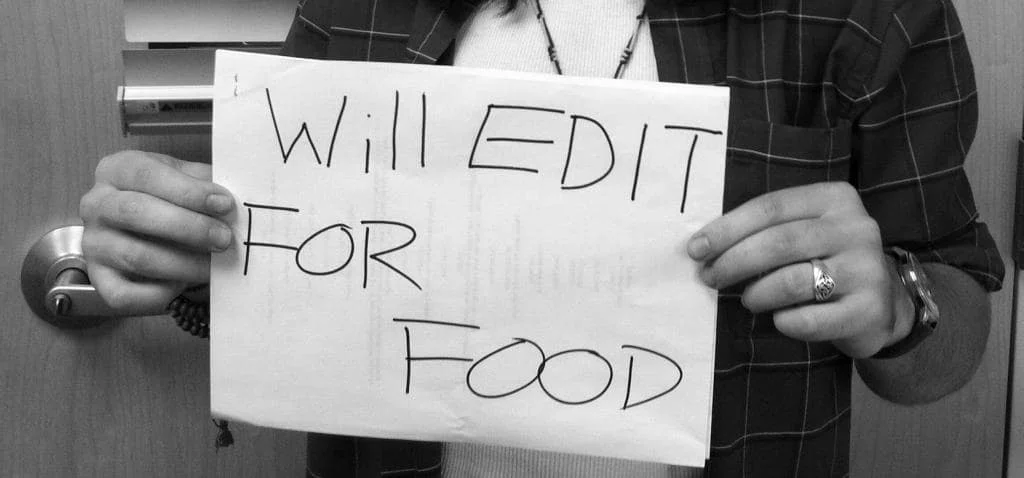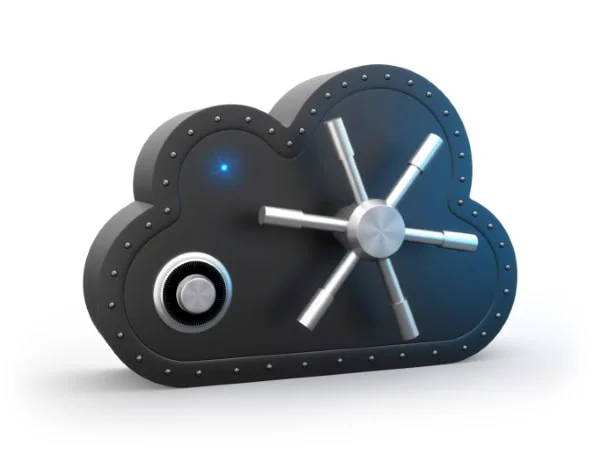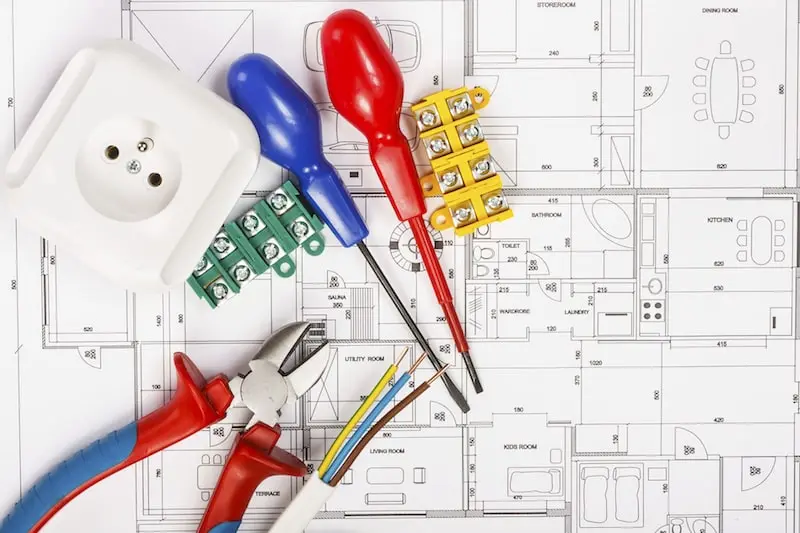Today we’ve got an awesome article for any first time freelancers. We’ve rounded up a few of the freelancers out there and had them answer the question “What do you wish you would have known starting out as a freelancer?”
Based on years of experience as independent workers, here are some of the golden nuggets of wisdom that our members provided.
Mike O’Neil
When I got started I used to do everything myself, it worked for a while till I realized that I could outsource a lot of the thing I didn’t enjoy doing and then spend time on stuff I enjoy. I wish I had known that when I started out, it would’ve saved me a lot of time and probably some headaches, too.
Stuart Clyne
You’d be amazed at the amount of things you can write-off on your taxes being an independent designer. Aside from business expenses like hardware, programs and everyday tools like fonts, there’s a whole world of things that may qualify as “research” to your business. For example, your music/MP3, movie, magazine and coffee purchases are creative outlets that may be considered for exemption if they pertain to your business or a particular project. No kidding. I was always skeptical and afraid of potential audits when I did my own taxes, so I sought accounting software to assist me in the handling of receipts. Save all your receipts and don’t be afraid to ask questions come tax season - you may be pleasantly surprised at how much you can claim!
Paul White
You’re closing up your meeting with a potential client. Everything went smoothly and you think you’re about to land the job. Said client asks for your hourly rate, in which you give and explain. Unless you’re underselling your talents greatly, their next question will almost always be: “Great, and how long will it take you?” Suddenly you’re in a corner… and you’re panicked. It’s critical to never give a time estimate without digesting and sleeping on the specs of the project. You need time to unwind and assess the details on your own. If a client asks for a final gauge in your FIRST meeting, cordially advise them that you need time to review in order to give a fair evaluation. Tell them you don’t want to jump to conclusions and “over-shoot”. They’ll respect the fact that you’re trying to keep money in their pockets, even if all you’re really doing is watching out for yourself. From here, follow up within a few days with a “thank you” and a working estimate/contract.
Jonathan Harvey
I wish I would have known (and been prepared for the fact that) not every client is going to like your designs / concepts / ideas. I’ve been freelancing for over 4 years now, and I still struggle with hearing “We don’t like it.” The problem is that when it comes to being a freelancer, you tend to put a serious amount of effort and personal pride into your work, and every time you complete a concept or idea for a client, you are confident that it is the correct one. When a client says that they don’t like it, you have to understand a few things.
- That the client is not always right. Seriously. They just aren’t. So, sometimes when the client says that they don’t like your work, you may want to consider having the cojones to discuss the reasons why they are wrong. Often, a professional client will appreciate your confidence and your dedication to the success of their project, but unfortunately there are times when a client will just get even more upset with you and continue to tell you that you are wrong. It just takes some good judgment on what way to respond to each situation.
- Sometimes your work just doesn’t hit the mark for what the client is looking for and what is needed for the project. This can happen for many reasons, but the important thing is to recognize it, understand the value of it, and move forward to developing better concepts. Decent clients are able to tell you why your concept doesn’t work, and why they don’t like, and this may give you an even clearer brief from which you can work from for the next concept. Rome wasn’t built in a day, and clients need to understand this.
So, to sum up, I wish I would have known that not every client is going to love your work. If I had known that, it would be a lot easier to deal with it internally when it happens!
Tobias Hanft
Having started freelancing I wish I would have known and planned out better organization and maintaining a structured work flow. Its something that I still struggle with from time to time being a one-man-show. Often when you start freelancing you only thing of how to organize your actual design work that comes through, not details such as a better system for replying and saving emails, making it easier and more efficient to get contracts/proposals out the door, saving client information that show interest in your work, as opposed to those you only work with, in additional to other areas such as schedule time to market online using Twitter, Facebook, commenting on blogs, starting a blog or writing guest articles, etc — the aspects that you overlook many of times when it comes to online marketing, but can go a long way.
What do you wish you would have known?
Let us know in the comments if there’s things you’ve learned along the way that you can pass along to the first time freelancers who may be reading this post. In zistemo we know that we can always learn something new - new freelancer or old, knowledge never stops.






